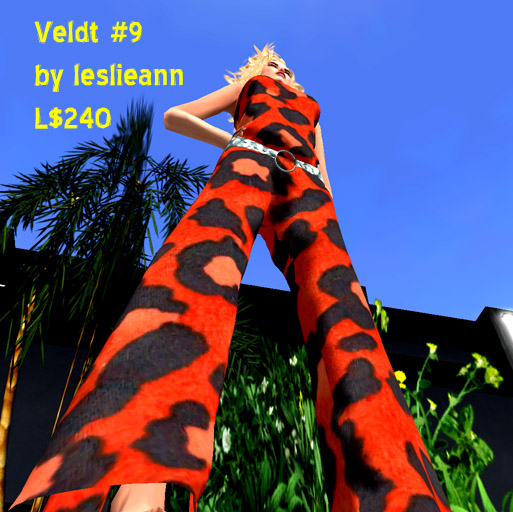Couple months ago, upon a visitation occasion, I was told that several folks had offered poetry pieces in connection with the poet’s center in the Ashram, and I merely suggested, “why not get a book together?”. Well, apparently, some folks took me seriously, and they did just that, wrote, directed, co-operated and put together a book of poetry, and they’d like me to write an introduction. Here goes:
What is poetry? No two people will give you the same answer, and the same person can give you two or more answers per lifetime. Poetry changes as form and public taste go through the usual tidal high-hemline, low-hemline ebb and flow.
Today, poetry has no boundaries, no specific form or meter, no particular rules or regulations — just about anything that’s labeled “poetry” has a chance of acceptance in this non-literary literary climate, if such a thing is possible. But poetry actually does have a very specific meaning and significance if we understand what poetry is and where it came from… Here’s what happened:
It was the fifth year of the reign of Nebuchadnezzar…no, make that the fourth year of his reign… and I was determined to write down something, something really, really important, something I did not want to forget in the misty passages of time. No problem, I had a scribe at hand and I myself could read and write about 200 words in cuneiform, a handy tool if you need to jot something down back in the day.
Still, not everything could be written down, and few people there were who could read what someone had written, either in stone, on wood or beaten fibres. Up ’til then, when I wanted to write anything down, I had to use carbon or sepia on a cave wall to express my inner self.
The thing was, everything at that time, except business transactions, grain storage and kingly messages, had to be delivered in some sort of oral tradition. That’s why the early Christian doctrine was crammed into the easily understandable and memorizable “catechism”.
Beowulf was a poem in its original half-Dane, and I’ve given performances of it in the original delivery style, which was chanted, sung in a five-tone melody. It’s easier to memorize things if they’re a song. You know dozens of songs that I’ll bet you never “decided” to memorize — you just plain know them by heart because you happened to memorize them automatically, without your consent, as it were. We’ll be talking more about automatic memory sometime soon.
You want a gang of semi-moronic, slightly or heavily neurotic and self-consumed but thoroughly illiterate idiots to memorize the lines of your incredibly well-written play? No problem, Bill, just write the stuff out in Iambic Pentameter and put it to song, and they’ll pop every line just like clockwork.
And that’s why Shakespeare’s works are all in iambic pentameter and they have rhyme and rhythm and shiver and shake. In short, the way Shakespeare wrote encourages memorization and makes it far easier to load in many pages of dialogue into the old brain.
Alliteration and onomatopoeia often help to smooth out the rough edges; all the Shakespearean actor need do once the lines are memorized in doggerel style is to break them up and make the lines sound natural and sensible.
Oral tradition is just that, meaning that oral is oral is oral, to paraphrase my strange aunt, speaking of poetry and poetry and yes, she said, yes, yes, poetry to paraphrase my aunt, my taunt, my goodness have i strayed into the world of ee cummings i think i have o my.
Whew, I’m okay now, but that was a close call.
Poetry, like art, is what you can get away with. Before you go cynical on me, let me explain; the public is your real test as an artist of any kind, not your family, not your friends, but people you don’t know, who don’t know you or care who or what you are, until they’ve read your poetry, get me?
Songs are poetry, too.
So are long stories and expositional things like J.R.R. Tolkien — when you remove all the flowery and declamatory environmental descriptive dialogue, you’re left with what they had to film in the movies — hobbits enter woods, hobbits wander on path, hobbits encounter orcs, hobbits eat food. It leaves so much to the imagination that there’s no room for a book, too.
But lookit, take out the rhyme, the meter, the existential squeeze of plenty into slender and bountiful into fashionistae, and whattaya got??? Poetry.
Take it from me, the only way out is, indeed, the way through. Like jazz, poetry starts together and ends together, but whatever happens in-between, that’s jazz.
If that isn’t a perfect description of the Between-Lives State, what is???
ej gold, grass valley california, 2014


